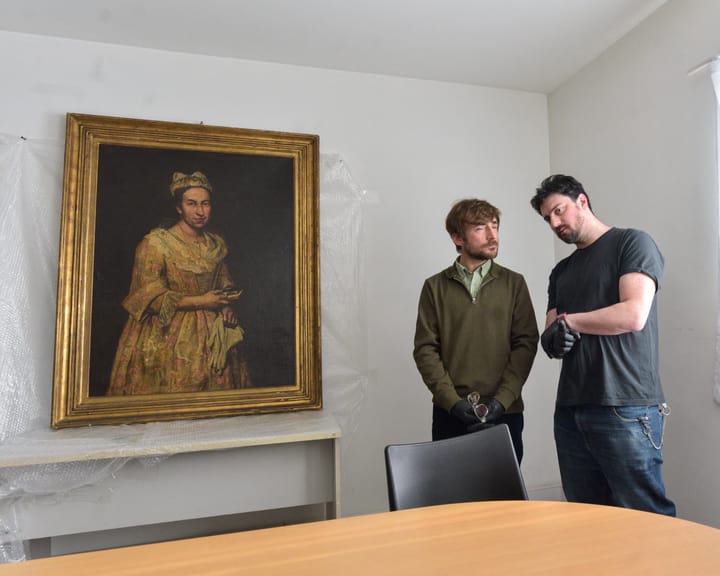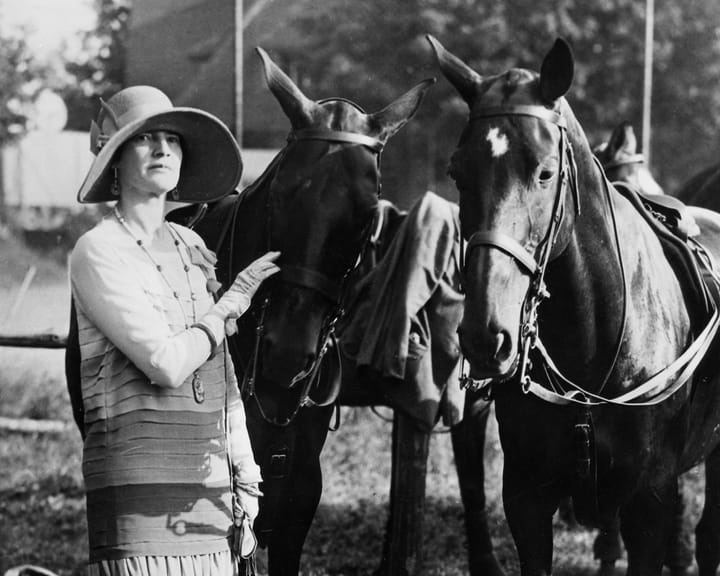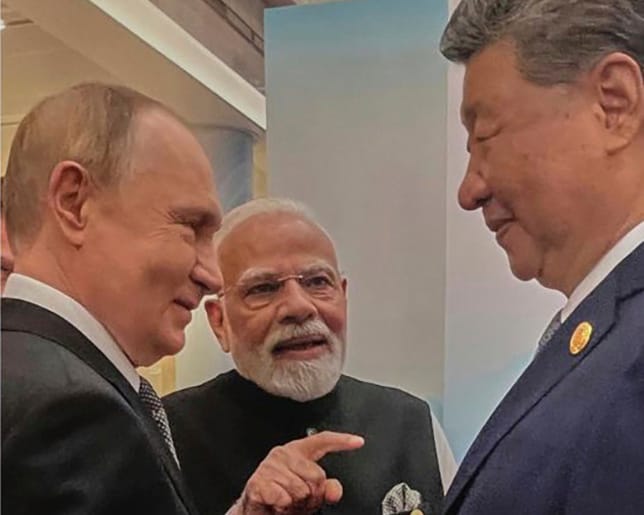The three leaders stood side by side, their laughter ringing out as they held each other’s hands warmly. Yet this was no casual meeting—it brought together Vladimir Putin, Xi Jinping, and Narendra Modi, three of the most influential figures outside the Western world.
The visible camaraderie between them was widely interpreted as a pointed signal to Western leaders, particularly Donald Trump, who had recently imposed heavy trade restrictions on India, including steep import duties.
"India seeks to demonstrate that it has alternatives when dealing with global powers," said Christopher Clary, a political science professor at the University at Albany. "Being part of multiple alliances allows for strategic shifts when other relationships become strained."
Modi's visit to China—his first in seven years—marked a notable shift from the tensions that had defined relations between the two nations. Unlike previous interactions, the Indian leader was greeted with exceptional warmth upon his arrival for the Shanghai Cooperation Organisation summit.
The leaders’ friendly exchange in Tianjin quickly drew attention from Washington. Shortly after, Trump renewed his criticisms of India, labeling trade between the two nations as "highly unbalanced." His trade advisor, Peter Navarro, remarked online, "It’s disappointing to see Modi aligning so closely with Xi and Putin. His reasoning is unclear."
Just a year earlier, such a meeting between Modi and Xi would have seemed improbable. Tensions had escalated in 2020 after Chinese movements along the Himalayan border led to a deadly clash between the two nations’ troops.
In response, both sides reinforced their borders with significant military deployments and infrastructure. Anti-China sentiment surged in India, leading to bans on numerous Chinese apps and restrictions on investment by Chinese firms.
The U.S. had initially sought to strengthen ties with India, viewing it as a strategic partner to counterbalance China's growing influence. But shifts in Washington's foreign policy have altered perceptions in New Delhi, where the U.S. is now seen as an unpredictable and even adversarial force.
The sudden imposition of trade penalties on India, without prior notice, seemed primarily punitive—stemming from Modi's refusal to acknowledge Trump's role in defusing tensions between India and Pakistan earlier in the year. The move further deepened Delhi's frustration with Washington.
Read next

"TikTok star highlights political power of South Africa's unsung culinary treasures"
Solly’s Corner, a popular eatery in downtown Johannesburg, was busy. Pieces of hake and crisp fries crackled in the fryer, green chillies were chopped, and generous amounts of homemade sauce were spread onto filled sandwiches.
Broadcaster and food enthusiast Nick Hamman stepped behind the counter, where Yoonas and Mohammed

Nazi-looted 18th-century portrait found in Argentina after 80 years
There was nothing particularly unusual about the middle-aged couple living in the low, stone-covered villa on Calle Padre Cardiel, a quiet street in the tree-lined Parque Luro neighborhood of Mar del Plata, Argentina’s most well-known coastal city.
Patricia Kadgien, 58, was originally from Buenos Aires, roughly five hours north.

"An aristocrat hid her Jewish lover in a sofa bed amid daring acts of German resistance to the Nazis"
Resistance in the Shadows: Germans Who Defied the Nazis
Growing up, our home had a steadfast rule: nothing German was permitted. No appliances from German manufacturers in the kitchen, no cars from German automakers in the driveway. The decree came from my mother. She was not a survivor of the

